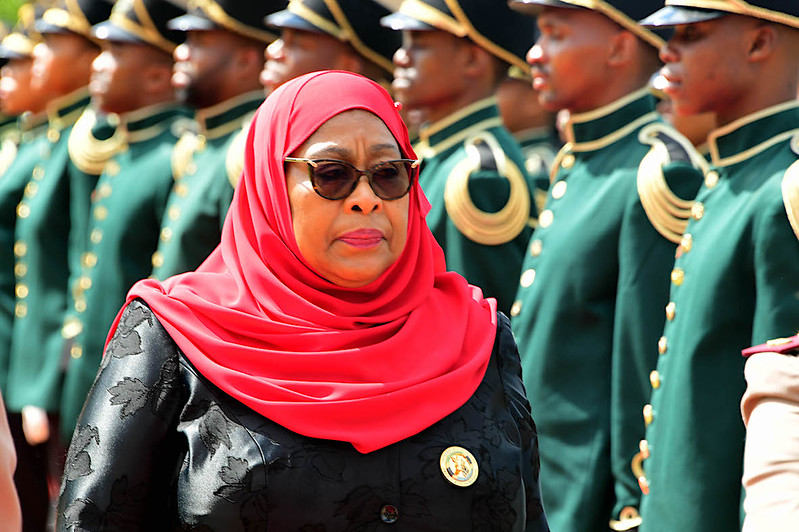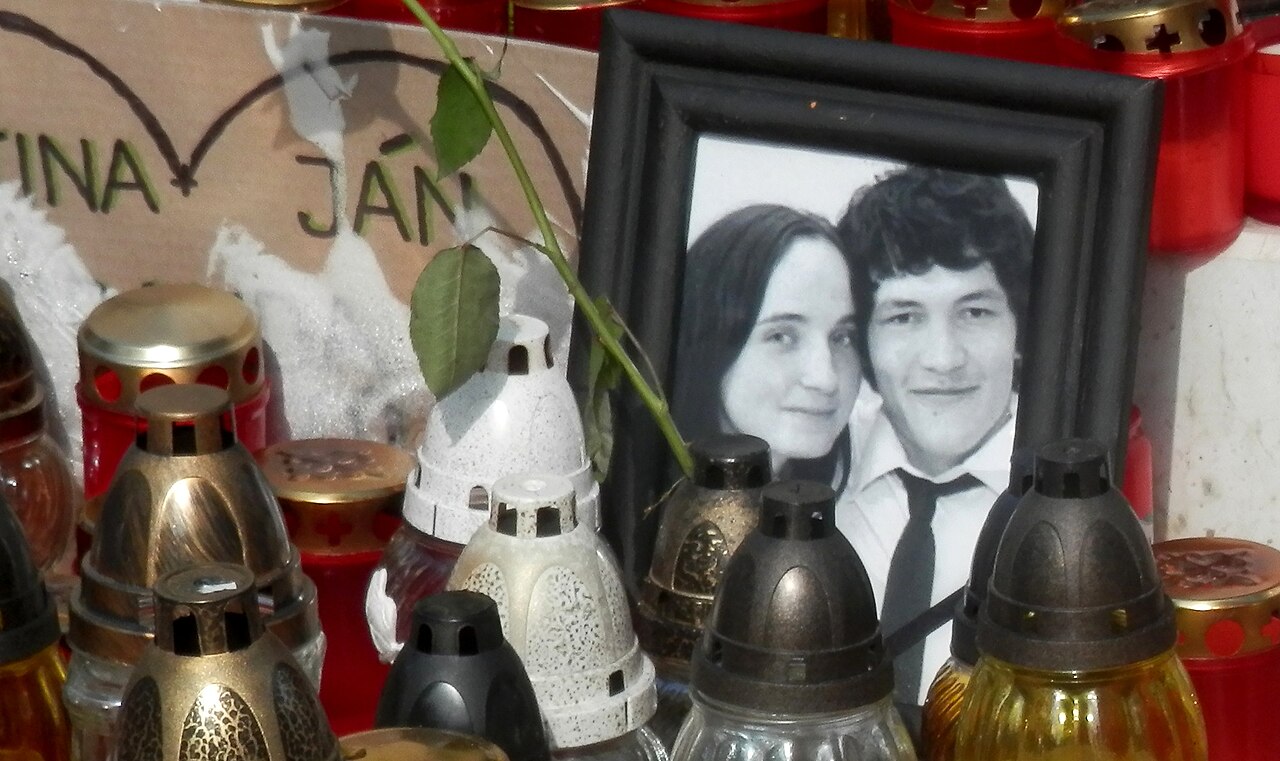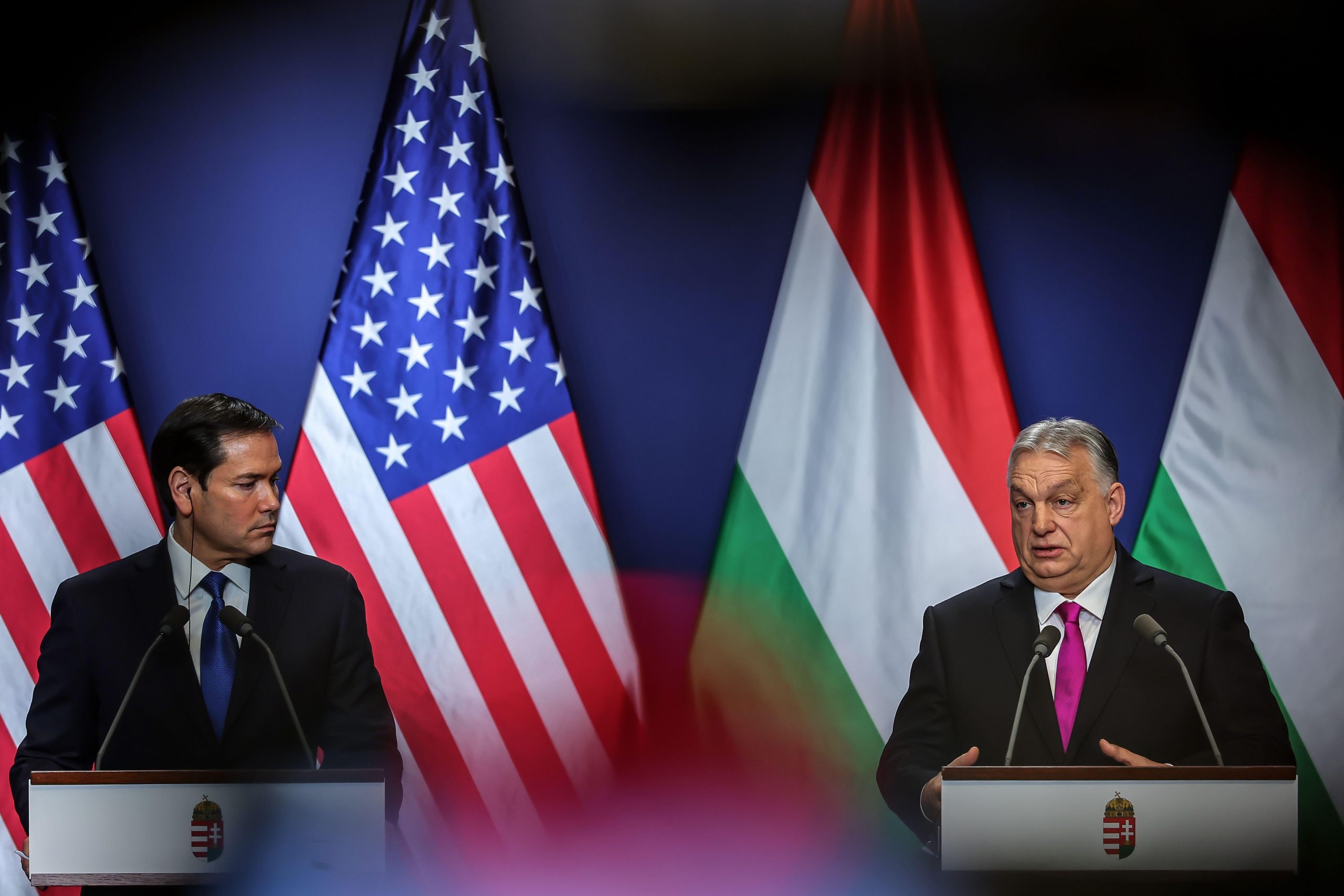Social media activist Edgar Mwakabela, better known as Sativa, shouldn’t be alive today. In an interview with the BBC this week he spoke about how he was abducted last June in Tanzania’s main city Dar es Salaam and later taken to a remote area. His captors interrogated him about his activism and his criticism of the ruling Chama Cha Mapinduzi (CCM) party. He was tortured and shot in the head. The bullet went through his skull and shattered his jaw. He was meant to die. Somehow he didn’t. That he still has a voice is the only positive part of this grim story.
It’s made all the grimmer by the fact that it stands out because of Sativa’s survival. It’s unlike the story of Ali Mohamed Kibao, whose body was found beaten and doused with acid last September. It’s unlike Modestus Timbisimilwa, who was shot dead by police last November as he tried to stop interference at polling stations. It’s unlike George Juma Mohamed and Steven Chalamila, both killed in their own homes the night before. All were part of the opposition.
Tanzania goes to the polls next month but as these examples show it’s insulting to suggest the elections will be remotely free or fair.
The CCM have been in power for decades, ever since colonial rule ended in Tanzania in the 1960s. They are currently led by Samia Suluhu Hassan, who proceeded the increasingly autocratic John Magufuli, a regular on the pages of Index (see here, here and here). When Hassan first took office as Tanzania’s president, there was cautious optimism that the rights landscape would improve – and it did for a bit. Gains were made in the realms of media freedom and protest rights. A ban on opposition gatherings was lifted. The tide has however turned.
The main opposition party, Chadema, has been barred from participating in the election. Chadema’s leader, Tundu Lissu, is currently in jail charged with treason, after he called for electoral reforms.
In addition to those who’ve been killed or jailed are the many disappeared. Posters of the missing have become a pre-election fixture. One high-profile case is that of artist Shadrack Chaula, who last July was imprisoned for an online video in which he allegedly “insulted” Hassan. He paid a hefty fine in exchange for his freedom only to disappear a month later. Another is Deusdedith Soka, a 30-year-old Chadema youth leader who disappeared last August after calling for a demonstration precisely against disappearances.
Hassan has condemned many of these brutal acts, denied any involvement and called for investigations. But they’re still happening under her watch in a country she leads. Last year Lissu said that Hassan “has done with a smile what Magufuli did with a snarl.” Compared to the execrable Magufuli, who was nicknamed the “bulldozer”, we’ve paid little attention to her. It’s clear that needs to change.






